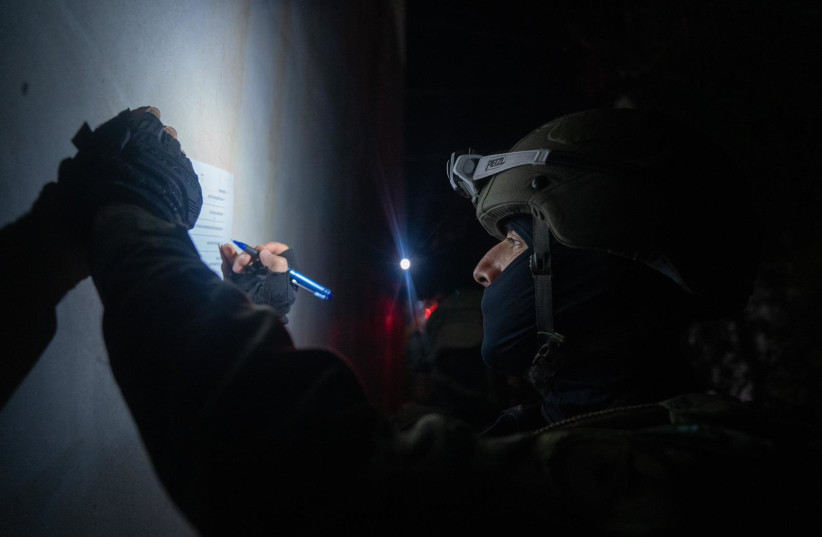In recent weeks, political and security officials have been putting out impressive statistics about hundreds or thousands of thwarted terror attacks, arrests, seized illegal weapons, and seized terror funds.
By themselves, these statistics are very impressive, and no matter what, they show that the security establishment is working overtime and doing its utmost to protect Israel.
The problem is, these statistics do not occur in a vacuum; there are others.
Four terror attacks took place between Wednesday and Thursday, two of them in central areas that cannot be categorized into being limited to the West Bank.
In eight months of this year, it has become the bloodiest one since the Second Intifada nearly 20 years ago.

So why has terror gotten so out of control? There are a few ways to answer this.
Some terrorists just want to kill Jews, but the spike in terror and the increase in lone wolf attacks and attacks by some Palestinians with worker’s permits – people who are not usually involved in terror – shows that there are bigger tensions than normal.
Is it because there has been no diplomatic progress with the Palestinians for so long? Is it because many enemies of Israel view it as weaker and more distracted than usual by internal tensions over the judicial overhaul? Because the Palestinian Authority stopped trying to actively rein in terror?
Is it because the government has steadfastly refused to undertake a robust Operation Defensive Shield-style operation as in 2002? True, on July 3-4, the IDF undertook a massive operation in Jenin which improved things there some, but has not followed that with similar operations in other problem areas. Or because Iran is leaning in hard to incite a wider amount of the Palestinian population to terror?
Some mix of these longer-term reasons is likely true. There are also some near-term reasons.
Terror organizations holding outposts in Israeli territory
Hezbollah has gotten away with keeping an outpost in Israeli territory in the disputed Mount Dov area now for several months. It has also numerous times violated Israel’s border in low-grade ways without paying much of a price.
There are reports that Hamas may consider a similar strategy in the South. In addition to being perpetually committed to Israel’s destruction, the terror group may be especially upset lately by a cut in its funds from Qatar. In 2014, a mix of the Shin Bet and portions of IDF intelligence warned that allowing Hamas to languish “too much” economically could lead to an unexpected and unnecessary war – which it did.
Since then the defense establishment has been louder about making sure Hamas never drops below a certain economic level.
Former Mossad chief Yossi Cohen, at Prime Minister Benjamin Netanyahu’s direction, is said to be one of the key authors of the arrangement in which Qatar brings cash to Hamas to keep it afloat, without letting it save much for new weapons.
None of the defense establishment would publicly address the current situation with Qatar funding.
So Hamas may start building its own tents near the Israeli border fence and re-engage its 2018 strategy of marching on the fence with a mix of unarmed and armed Palestinians.
It does not threaten Israel in an existential way, and after the IDF slammed Islamic Jihad to the mat in May, Hamas is likely not looking for a big war, but will instead create more instability for Israel.
Increased terror from the West Bank where Hamas has plausible deniability and where Israel finds it hard to punish anyone aside from the specific terror cell involved is another clear way to pressure Israel into some additional concessions and to stay on the map as leading “the resistance.”
The only good news is that even as Israel has balked at bigger solutions, it has struck back hard to restore some semblance of stability when terror has spiked beyond certain boundaries.
So if the latest wave of terror returns to general awful 2022-2023 levels and falls from the current incredibly awful levels on its own, the IDF may just do more of the same. But if terror stays at this pace for the coming days and weeks, the IDF is likely to do a “Jenin 2” to get it under control.
